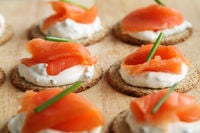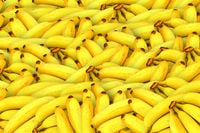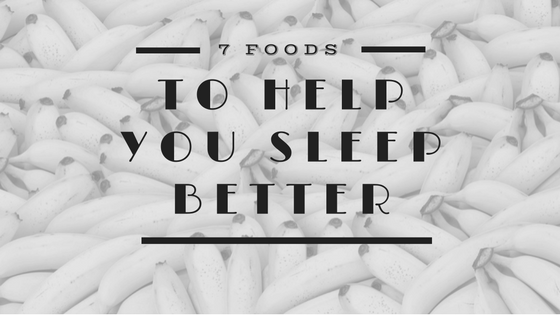
Forty percent of Americans report having symptoms of insomnia at some point within a given year, according to the National Sleep Foundation. This alarming statistic identifies a common problem across the country affecting millions of adults. Not only does being tired detract from you quality of life, poor sleep is also detrimental for your health, causing or exacerbating conditions like heart disease and depression.
Before reaching for a prescription drug, there are some lifestyle factors that may actually improve your sleep outcomes. One lifestyle factor is diet. Revamping your diet can go a long way towards improving your sleep quality, provided you opt for foods rich in the right sleep-inducing ingredients. Continue reading to learn about 7 foods that can help you sleep better.
1. Fish
Most fish (especially salmon, halibut, and tuna) boast vitamin B6, which is used to make melatonin. Melatonin is the "sleep hormone" which is released by your brain when the eyes sense low light. Naturally boosting this hormone through diet can provide you with a sedative feeling but without the hangover that comes from exogenous sleep aids.
2. Yogurt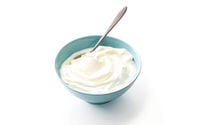
The calcium in yogurt and other dairy products will help your body de-stress, which will help you fall asleep more quickly. Dairy at night can cause some indigestion, so eat moderate amounts a couple of hours before bed to avoid disruptions to your sleep.
3. Whole Grains
Bulgur, barley, and other whole grains are rich in magnesium. Consuming too little magnesium may make it harder to stay asleep. Magnesium can also be a big help when relaxing and finding a good position to fall asleep in.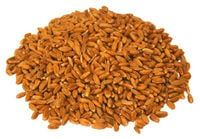
4. Kale
Dairy products are well-known calcium-rich foods, but green leafy vegetables, such as kale and collards, also boast healthy doses of calcium. Research suggests that being calcium deficient may make it difficult to fall asleep.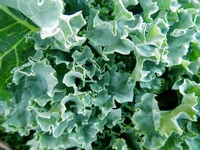
5. Bananas
Bananas help promote sleep because they contain the natural muscle relaxants magnesium and potassium. Since they are rich in potassium they are also a good source of Vitamin B6, which is needed to make melatonin.
6. Chickpeas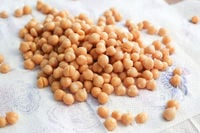
Chickpeas boast vitamin B6, which is needed to make melatonin. Chickpeas are also a good source of tryptophan, so a light lunch of hummus and whole-grain crackers (to help the tryptophan reach the brain), could be a good way to head into an afternoon nap.
7. Fortified Cereals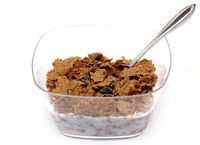
The complex carbohydrates in many cereals can increase the availability of tryptophan in the bloodstream, and fortified cereals are often a great source of vitamin B6 which is needed to make melatonin. Combine it with milk and bananas and you have your perfect bedtime snack.
These foods are not only good for sleep but great for overall health. By being intentional about including them in your diet, you will be making healthy choices that benefit you as a whole person. If you or someone you know is struggling with sleep, please click the blue button below to take a free online sleep test and talk with one of our sleep health professionals.
ANCSLEEP BLOG: Good Sleep Starts Here

